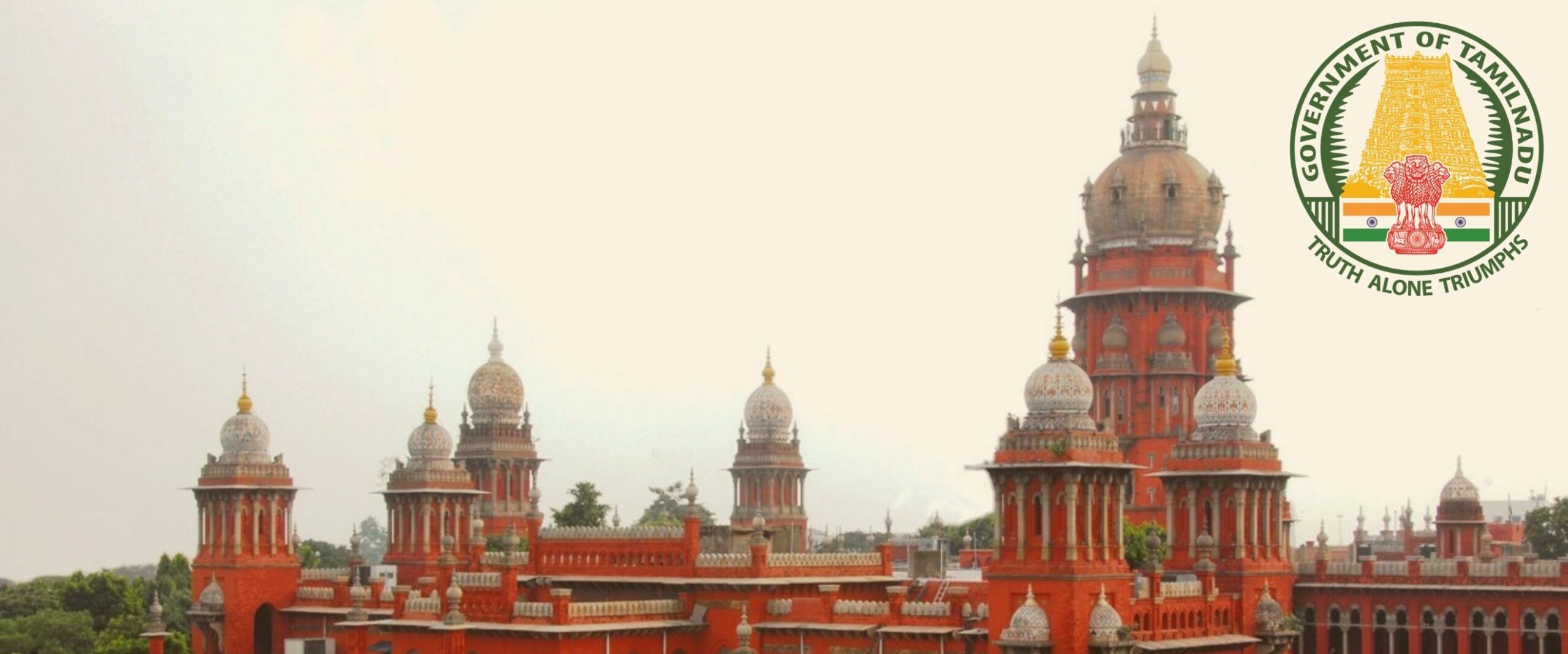Vanniyar Reservation: Judgment Summary
Tamil Nadu’s Vanniyar ReservationJudges: L.N. Rao J, B.R. Gavai J
On March 31st 2022, Justices Nageswara Rao and B.R. Gavai declared Tamil Nadu’s Vanniyar reservations law unconstitutional.
In the 2021 Act, the Tamil Nadu government provided 10.5% internal reservations in public employment and education to Vanniyars within the 20% seats reserved for Most Backward Classes (MBCs). The Supreme Court, agreeing with the Madras High Court’s earlier ruling on the matter, declared that the Tamil Nadu government failed to justify the policy with data proving the Vanniyar’s relative social, economic, and educational backwardness compared to other MBCs.
The SC held that even though the State government was legislatively competent to provide internal reservations, it had erred by using antiquated and unreliable data to frame the 2021 Act. The Court found that the 2021 Act discriminates against other MBC groups—who are disadvantaged as they cannot claim this large share of reserved seats.
Tamil Nadu Did Not Lack Legislative Competence
The Tamil Nadu government passed the 2021 Act in between two significant constitutional amendments. In 2018, Parliament enacted the Constitution (102nd) Amendment Act, 2018. The 2018 Act took away State governments’ powers to identify communities as backward and eligible for reservations. Parliament restored this power through the Constitution (105th) Amendment Act, 2021, passed on August 19th 2021.
The Act on Vanniyar reservations was passed before the 103rd Amendment on February 26th, 2021. In a ruling delivered on November 1st 2021, the Madras High Court held that the Tamil Nadu government lacked the legislative competence to identify Vanniyars within MBCs for reservations.
Appealing this at the SC, the Tamil Nadu government argued that the 105th Amendment was merely a clarification of the 102nd—in that it addressed the shortcomings of the latter. The effects of the 105th Amendment, therefore, should date back much before 2021 to 2018. According to the Tamil Nadu government, given the 103rd Amendment, State governments had never lost the power to recognise new groups for reservations.
The Supreme Court disagreed with this argument—if this was the intent, then lawmakers should have specified that the Amendment has a retrospective effect. So, when the Vanniyar reservations Act was passed, the Tamil Nadu government lacked the legislative competence to identify new classes as reservation beneficiaries.
However, in its Judgment, the Court found that the 2021 Act did not identify new beneficiary groups. It merely reallocated existing reserved seats for Vanniyars and other MBCs that were first identified in 1994. The Court finally held that there was no bar on the State’s legislative competence to do so.
Basis for Granting Vanniyar Reservation Unjustified
While the Court found Tamil Nadu competent to sub-classify Vanniyars within MBCs, it ruled that the State government had erred by treating caste as the sole basis for sub-classification. In Indra Sawhney (1992), Justice Jeevan Reddy held that a criteria must be devised to determine backwardness. Caste can be the starting point for identifying backward classes—however, these groups must further satisfy the backwardness criteria to claim reservation.
The Tamil Nadu government stated that its backwardness criteria was devised by a 2021 Backward Classes Commission headed by Justice Thanikachalam, formerly of the Madras High Court. Justice Thanikachalam’s Commission relied on three reports of past Commissions to determine ‘backwardness’ criteria—the Ambasankar Report, the Sannathanan Report, and the Janarthanam Report.
The SC stated that the Ambasankar and Sannathanan Reports were unreliable as these Commissions were not constituted to consider the need for sub-classification within MBCs. The Janarthanam Report recommended 10.5% internal Vanniyar reservations on the basis that their representation in key courses—such as medicine and engineering—was marginal in comparison to the total number of Vanniyars in Tamil Nadu. Justice Thanikachalam agreed with the Janarthanam Committee report, even though all seven other members of the Janarthanam Commission dissented from the report. All other members of Justice Thanikachalam’s commission dissented from his recommendations on internal reservations as well.
Perturbed by the overwhelming dissent, the SC’s Judgment found that the recommendations were hastily made without considering reliable data. The Judgment stated that providing internal reservations for Vanniyars is to the detriment of other MBCs. This is especially so in the absence of any findings demonstrating that Vanniyars were unable to compete with the remaining MBCs and Denotified Castes (DNCs).
The Court emphasised data presented by Senior Advocate Colin Gonsalves challenging the Act. The data, obtained from the Ambasankar Report, showed that unlike Tamil Nadu’s other 115 MBC communities, the Vanniyars saw higher representation in public employment and educational institutions. Without reliable data to back its recommendations, the Court stated that the policy violates Articles 14 and 16.
This Judgment joins the long list of SC Judgments emphasising the need for data to form the basis of reservation laws. Until it gathers contemporary and reliable data, the Tamil Nadu government will remain unable to enact internal reservations for the Vanniyars.



